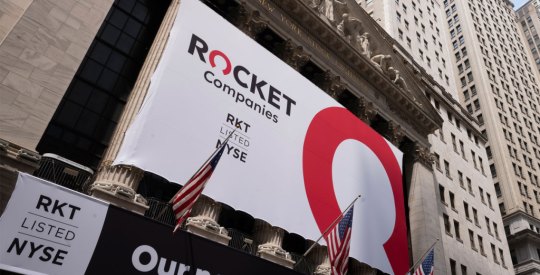The Consumer Financial Protection Bureau (CFPB) on Friday announced that it has reached a settlement with four attorneys and their company, Consumer First Legal Group, over a long-running enforcement case regarding what the bureau called a foreclosure relief scam.
Consumer First Legal Group and four attorneys — Thomas G. Macey, Jeffrey J. Aleman, Jason Searns and Harold E. Stafford — “charged millions of dollars in illegal advance fees to financially-distressed homeowners for legal representation the defendants promised but did not provide,” the CFPB explained. The matter has been settled for $12 million in consumer redress and penalties.
The bureau first filed its complaint against Consumer First Legal Group, The Mortgage Law Group LLP and the four attorneys on July 22, 2014, as part of “a coordinated effort against various foreclosure relief scam operations by the CFPB, Federal Trade Commission (FTC), and 15 states in 2014,” the bureau said. “The CFPB filed three lawsuits, the FTC filed six lawsuits, and the states took 32 actions.”
The original suit alleged that the subjects of the case had collected more than $22 million in illegal advance fees, among other violations.
Five years after the initial complaint, the CFPB won a judgment against the companies and attorneys in the U.S. District Court for the Western District of Wisconsin, which found the attorneys and the company “jointly and severally liable” for restitution payments. After a series of appeals, CFPB announced the final terms of its $12 million settlement.
“Under the resolution announced today, the defendants will pay $10.9 million in consumer redress and a $1.1 million penalty into the CFPB’s victims relief fund,” the bureau announced. “The individual defendants are covered by 8- or 5-year bans from the mortgage assistance industry, under the district court’s original order.”
The original judgment in 2019 was much higher at $59 million, according to reporting at the time by Bloomberg Law.



